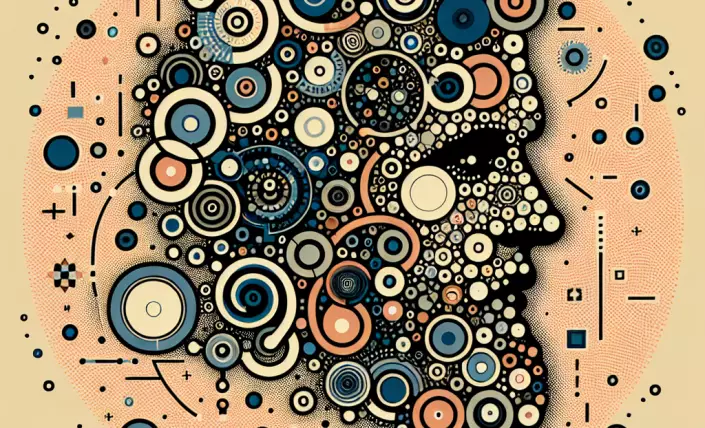Carl Jung’s philosophical contributions extend far beyond the realm of clinical psychology, delving deep into the intricacies of the human psyche. One of Jung’s most profound concepts is that of the 'collective unconscious,' a universal repository of experiences and archetypes shared by all humanity. This idea, revolutionary in its time, suggests that our individual unconscious is not an isolated phenomenon but a part of a larger, collective tapestry woven through generations. The collective unconscious is populated by archetypes: primordial images and symbols that recur across cultures and epochs, shaping our thoughts, behaviors, and perceptions.
In exploring this concept, one must consider its implications on personal identity and self-realization. Jung posited that the process of individuation — the integration of the conscious and unconscious aspects of the psyche — is essential for achieving a balanced and fulfilled life. This journey towards self-knowledge involves confronting and assimilating the shadow, the darker, often repressed facets of our personality. Ignoring these aspects can lead to psychological disturbances, manifesting as projections onto others, thus distorting our relationships and self-understanding.
The interplay between the conscious mind and the collective unconscious prompts us to reflect on the nature of free will and determinism. If we are influenced by unconscious archetypes, to what extent do they dictate our actions and choices? Jung encourages us to become more aware of these underlying forces, advocating for a deeper engagement with our inner world. By doing so, we not only gain insight into our personal motives but also tap into a richer, more universal understanding of the human condition.










